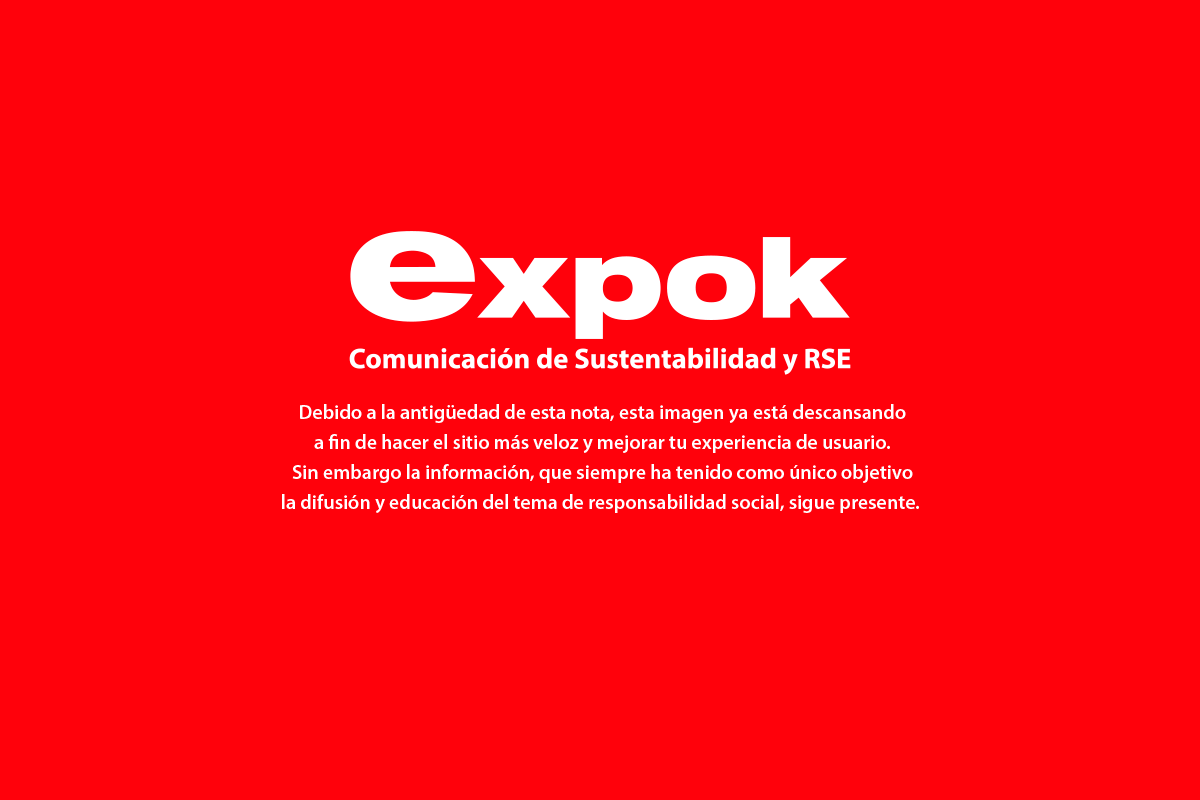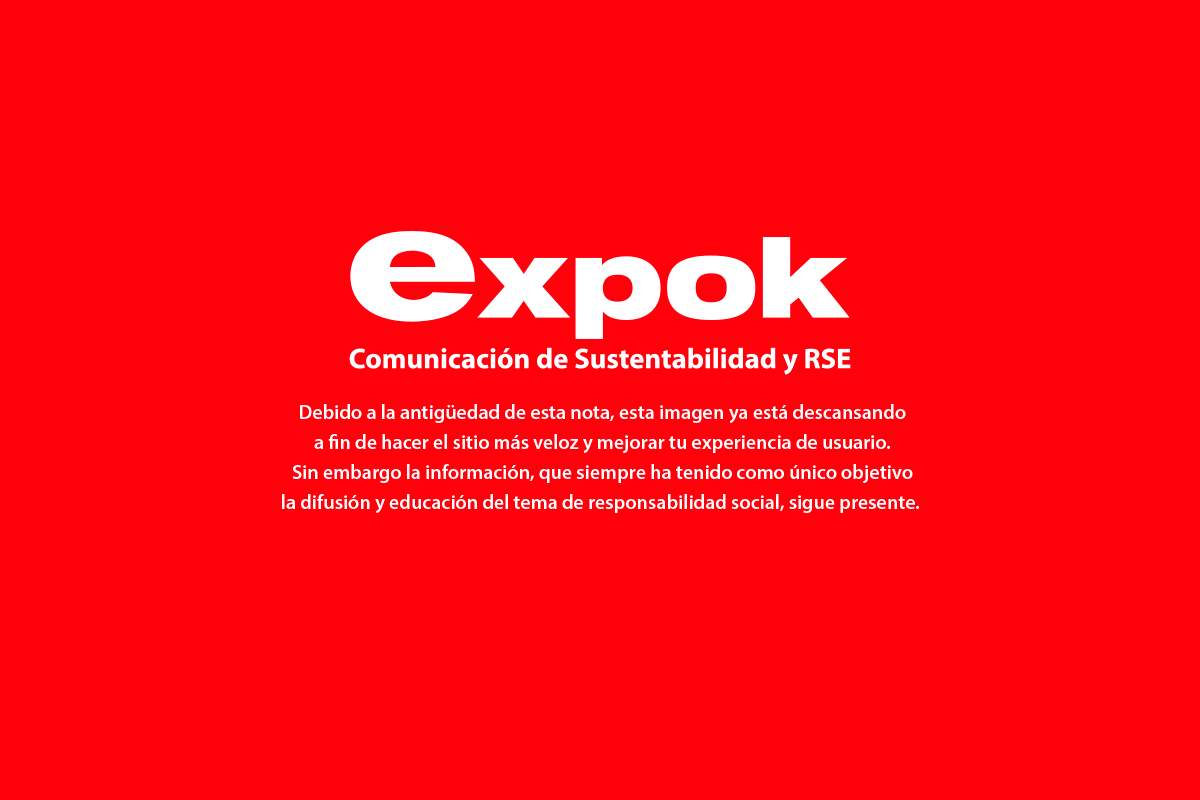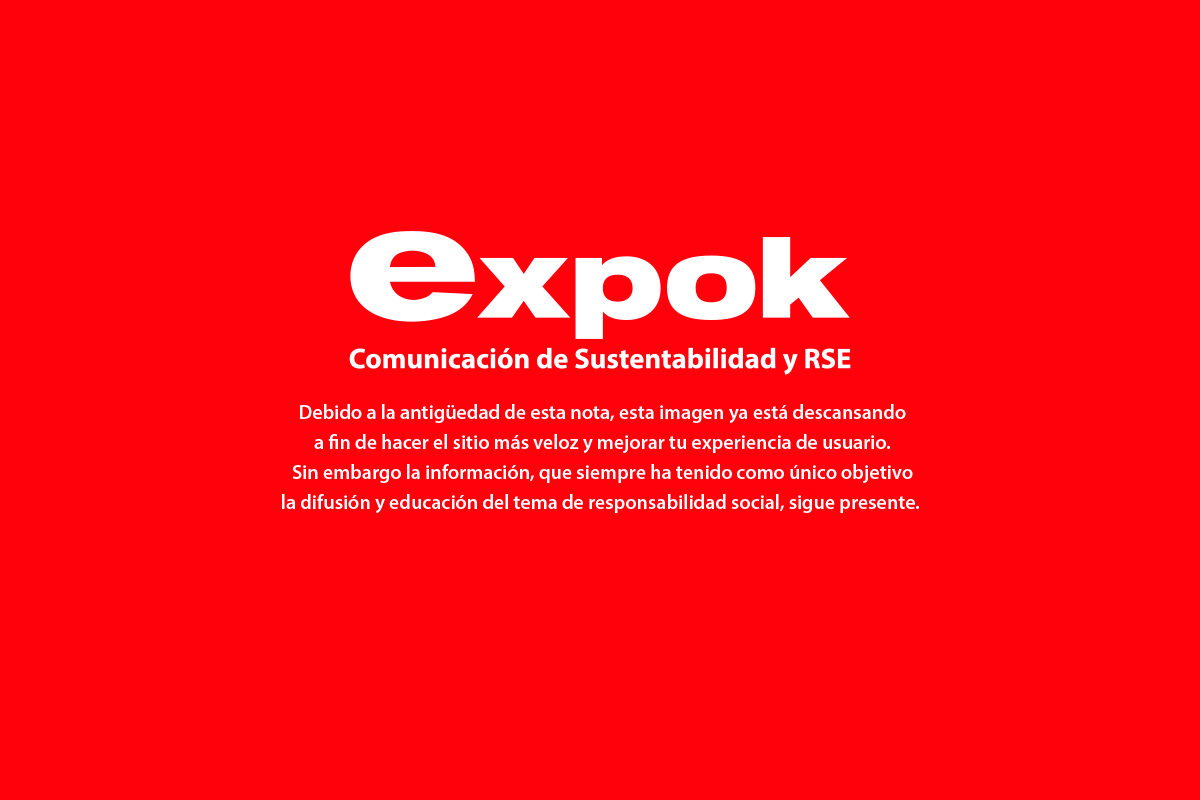TERRACYCLE NEWS
ELIMINATING THE IDEA OF WASTE®
Posts with term WEF X
Este champú puede limpiar tu cabello y el océano al mismo tiempo
¡Este producto quiere que mantengas tu cabello limpio y al mismo tiempo a los océanos!
Cuando se trata del cuidado de nuestro cabello solemos recurrir a miles de productos, mascarillas y ampolletas que ayuden a mantenerlo sano y fuerte.
Las marcas encargadas de poner a nuestro alcance todos estos productos, saben que cada persona tiene necesidades diferentes y han creado una línea especializada para cada tipo de cabello e incluso lanzaron productos especialmente para los hombres.
Dentro de esta gama existen champús para el cabello rizado, quebrado o lacio que lo limpian y lo llenan de vida aunque existe un producto que hace más que solo cuidar de tu cuero cabelludo.

¿Sabías que cada segundo más de 200 kilos de basura van a parar a los océanos? Entre ella van los botes de los productos de belleza que usas, las botellas de agua y el empaque de algún six de cerveza.
El océano es el hogar de muchas criaturas y toda esta basura no sólo contamina su hogar, también pone en peligro a las tortugas que se quedan atoradas entre la basura, mientras que un gran porcentaje de peces mueren por comer plástico.
Para limpiar los mares de todos estos residuos, una de las empresas más importantes dentro de la industria de belleza, además de cuidar del cabello de sus consumidores, también quiere unirse a la lucha contra la crisis ambiental.

Procter & Gamble (P&G) consciente de todo el impacto ambiental que las botellas crean, compartió recientemente que todos los envases de su línea de champú, Head & Shoulders, serán producidos con todos aquellos plásticos recolectados de playas, ríos y océanos.
Esto quiere decir que este champú puede limpiar tu cabello y el océano al mismo tiempo. Cada empaque estará elaborado hasta con el 25% de estos residuos y será la primera botella en la industria del jabón líquido en estar hecha con basura.
La empresa TerraCycle decidió asociarse con P&G para colaborar con la recolección de todos estos residuos y duplicar esfuerzos para limpiar todos estos sitios y sobretodo proteger a los animales marinos y a sus ecosistemas.
Es importante entender qué tan grande es el problema de la basura en el mar. ¡Es horrible y preocupante!, dijo Tom Szaky, fundador de la empresa de reciclaje TerraCycle.De acuerdo con el Foro Económico Mundial, casi 8 millones de toneladas de basura terminan en los océanos cada año. Esto es como tirar todo el contenido de un camión de basura cada minuto. Szaky comentó que muchas organizaciones y voluntarios recogen los plásticos de las playas, puertos y otros sitios que posteriormente TerraCycle separa en plásticos de alta densidad que enviará a P&G para elaborar sus envases y el resto se utiliza para crear bancos y mesas que serán llevadas a organizaciones no lucrativas.
 La marca P&G es una más que se une a crear productos a partir de los desechos de los mares, otra empresa que se unió a esta causa es Adidas con sus tenis elaborados con plástico obtenido del mar.
La marca P&G es una más que se une a crear productos a partir de los desechos de los mares, otra empresa que se unió a esta causa es Adidas con sus tenis elaborados con plástico obtenido del mar.
Como consumidor, también te debes preocupar por saber con que están hechos los artículos que utilizas y cómo deshacerte de ellos de manera responsable, añadió SzakyActualmente esta línea está disponible en Francia pero se planea reemplazar todas las botellas de Head & Shoulders con este empaque.
